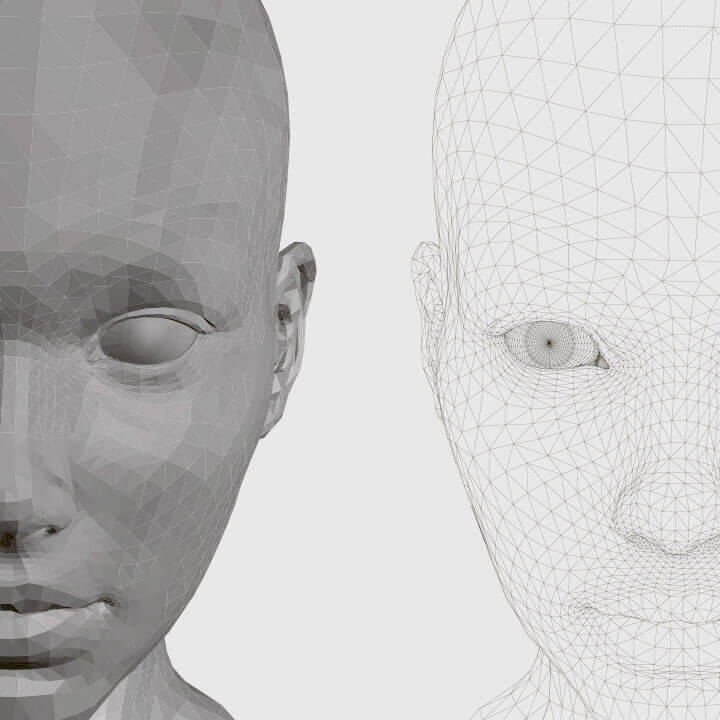Cyberphysical Systems
Acad. Year 2020/2021Full-Time Study2 Years Title Awarded Ing.
Specializace Kyberfyzikální systémy je i přes svůj multidiscipinární přesah hlavně specializací informatickou, nikoli kybernetickou, jak by mohl její název prvoplánově napovídat. Samotná specializace se v duchu zacílení studijního programu zaměřuje primárně na informatické aspekty kyberneticko-fyzikálních systémů, kontext těsné systémové integrace počítačových algoritmů pro řízení a monitorování s Internetem a jeho uživateli, výpočetními modely a systémy, včetně samotných vestavěných výpočetních systémů. Kyberneticko-fyzikální systémy, které propojují počítačový software s fyzickými komponenty, se stávají stále běžňejší součástí našeho každodenního života. Automobilové, zdravotnické a letecké aplikace představují pouze malou část probíhající interakce mezi automatickými a inteligentími stroji a lidmi. Specializace představí nejenom samotný návrhový prostor Kyberneticko-fyzikálních systémů, ale uvede také kompromisy plynoucí z nezbytných požadavků na jejich bezpečnost a spolehlivost. Specializaci garantuje a klíčový kurs CPS učí doc. Peter Chudý, hlavní řešitel řady výzkumných a průmyslových projektů v letectví a automobilovém průmyslu.
1st Year
The common basis of the programme
The common core of the program consists of courses that will give you the knowledge important for all IT engineers:
- Computation Systems Architectures will teach you how to think about how your code will run on modern computing platforms, how to think about programming in a way that makes the most efficient use of resources, i.e., that your application makes the best use of the power of modern platforms, makes efficient use of system memory resources, and is also efficient in terms of energy consumed.
- Functional and Logic Programming will teach you that although classical imperative programming is a very widely used paradigm and is very close to machine-level implementation, there are other approaches that will give you a new perspective on some key problems and help you get novel and often more efficient solutions to them.
- Modern Trends in Informatics (in English) you need to know to see where the field is going and what to expect in practice in a few years.
- Parallel and Distributed Algorithms is a course that will show you the patterns, limits, and pitfalls of parallel and distributed algorithmic solutions and the associated synchronization mechanisms, without which you will hardly succeed in solving many of the more complex problems.
- Statistics and probability is the right hand of every engineer to process numerical results of experiments or data obtained while running your application, analyze them and learn from them to make further decisions is almost his daily bread.
- Theoretical Computer Science shows the limits of computer science capabilities through formal languages and mathematical models of computation. This is the only way to understand whether your problem is even solvable and, if so, with what resources and means to prove it.
- Data Storage and Preparation, especially big data, and extracting knowledge from it is a valuable art to any computer scientist. It is a key aspect that strongly influences the effectiveness of many solutions and applications.
- Artificial Intelligence and Machine Learning is a course where you will learn how to teach computers to understand our world and make them solve problems that are easy for humans but difficult for an algorithmic machine to handle.
They will pass on all their knowledge and hold you in difficult moments
What are we talking about?
-
This year, during the matriculation ceremony (September 12), the traditional Zdena Rábová Award was presented, which recognizes outstanding students from our faculty for their active involvement in science and research and for enhancing the overall prestige of FIT. …
-
FIT BUT research on quantum computation verification selected among the most interesting works in the field of computer science
The article entitled An Automata-Based Framework for Verification and Bug Hunting in Quantum Circuits, to which Ondřej Lengál from the VeriFIT group made a significant contribution, was selected as a research highlight for the journal Communications of the ACM. …
Come to FIT!
Other Master
Specializations
-
Application Development
-
Bioinformatics and Biocomputing
-
Computer Graphics and Interaction
-
Computer Networks
-
Computer Vision
-
Cyberphysical Systems
-
Cybersecurity
-
Embedded Systems
-
High Performance Computing
-
Information Systems and Databases
-
Intelligent Devices
-
Intelligent Systems
-
Machine Learning
-
Mathematical Methods
-
Software Engineering
-
Software Verification and Testing
-
Sound, Speech and Natural Language Processing
